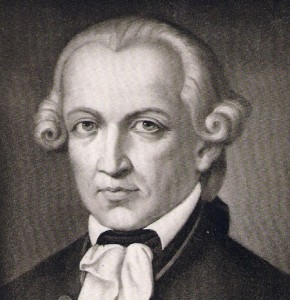 To Daniel MacGhie Cory
To Daniel MacGhie Cory
Rome. December 6, 1935
My health and the political situation might conceivably make it advisable in the future for me either to go to the Riviera (why not to Cannes, too?) or to ask you to come and join me here. I hope the latter will not be necessary; but if I found I was permanently or dangerously ill, it would be my first desire to see you, and to straighten out money-matters between us, in case of my demise. I don’t say this because I am very ill now: I am having my tea very comfortably: but the possibility of illness and death is never far removed at my age, and everything is not quite as well arranged in my case as in that of old Peter Alden.
. . . .
In the reviews I have seen of the novel there are objections repeatedly made to Mario, but not a breath against the ambiguities of Jim. Don’t people catch on, or are they shy?
Your interest in Spencer & Bergson is an excellent thing, but as yet you don’t seem to me to see them steadily and to see them whole, nor the relation between them, or between Spencer’s agnosticism and my skepticism, Spencer, Bergson, and I agree in not being phenomenalists, in having a motive power behind the moving-picture. Spencer and I further agree in thinking of this power as cosmic, and as internal to the natural processes observable in space and time: so that he is really as much a materialist as I am, although he thought it up to date to hide behind Dean Mansel, Sir Wm Hamilton, and the nebulous Kant, and talk of the Unconditioned. But Bergson’s power behind the scenes is quite different, because it is only biological. The animals on the earth’s surface must somehow have excreted the earth, and the earth, I suppose, excreted the sun and all the constellations. That is why space is such an unpleasant thing for Bergson to consider. His élan vital, in so far as it is a fresh notion, is biological: but in so far as it is an animal psyche animating the whole universe at once, it is only a new name for the anima mundi of the ancients, or the Idea of Hegel, or even more closely, the “Spirit” of Schelling or Emerson. I don’t agree with you that it marks any memorable step in the history of philosophy. Bergson is as bad in cosmology as Spencer (whose “laws” are verbal only); but he is a very subtle literary psychologist, and infinitely more refined & circumspect than Spencer. On the other hand he is less healthy and honest in his spirit, and covers up his enormities (like the world made of .images. and the rest of his neorealism) with judicious silence or “vital growth and advance to fresh problems”.
From The Letters of George Santayana: Book Five, 1933-1936. Cambridge, MA: The MIT Press, 2003.
Location of manuscript: Butler Library, Columbia University, New York NY
